-
+Free delivery (DPD) from 800,- €
?
By order under 800,- € we charge 26,- € shipping costs.
-
+
Ticket for chair lift for free x2
?
- chair lift Serrada (Alpe Cimbra)
- Chair lift Harrachov
POC Helmet Octal X Mips
An extended shell gives gravel and cyclocross riders extra protection in this highly ventilated helmet.
- MIPS Integra The latest technology from brain protection specialists MIPS enhances rotational impact protection
- RECCO® Reflector - A RECCO® Reflector helps rescue services easily and quickly locate you if something goes wrong
- EPS Liner - A lightweight EPS liner gives optimized protection
- Fully Wrapped Unibody Shell - The fully wrapped unibody PC shell enhances the structural integrity of the helmet
- Unique ventilation design - Fewer, larger vents support cooling and aerodynamic efficiency
- Eye Garage - Specific high-friction pads to the front of the helmet mean it is easy to securely store sunglasses while riding
Procut classification
| For whom: | Men's/Unisex, Women's |
| Type: | Silnice/Gravel |
| Protective system: | MIPS, RECCO® |
Technologies
-
360° fit system
The helmet features a 360° fit system that makes it easy to find a precise fit
-
Aramid Bridge
When looking for low weight in combination with a tough and durable structure, we added aramid in strategic locations just under the outer shell and molded it together with the foam liner material to ensure durability and protection. The unbreakable aramid weave bonds with the foam liner, adding a totally new structural stability. The concept was first launched in our trail mountainbike helmet Trabec.
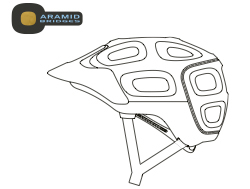
-
MIPS (Multi-Directional Impact Protection System)
MIPS is a system used to reduce the rotational force to the brain in case of oblique impacts. Accident statistics show that the most common accident occurs in an oblique impact to the head, resulting in a rotation of the head and brain. The brain is more sensitive to oblique impacts than radial impacts.
In a helmet equipped with MIPS technology, a low friction layer separates the shell and the inside of the helmet. When subjected to an oblique impact, the low friction layer allows a small controlled rotation of the shell relative to the lining.
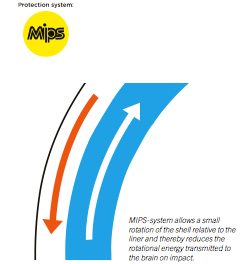
-
Mips Integra
The latest technology from brain protection specialists Mips, which aims to enhance rotational impact protection.
-
RECCO reflector
RECCO® is used and trusted by rescue services around the world to quickly locate injured people in vast landscapes. -
Recco Search and Rescue System
Recco’s two-part technology can search year-round for people equipped with Recco reflectors. The new Recco SAR 1 technology is based on Recco’s renowned rescue system for people involved in avalanches. The system enables fast directional pinpointing of a person’s precise location. Recco detectors send and receive a directional radar signal to locate a person wearing a Recco reflector. The new Recco Helicopter Search and Rescue detector, SAR 1, has a substantially larger search area. The SAR 1 is flying at a speed of 130km /h and can search approximately 200 meters wide search strips.
Considerable areas of forests, mountain terrain, rivers and shores can therefore be searched in a very short time - 1 square kilometer in approximately 3-4 minutes
Technical description
-
WEIGHT
M-240 g -
Product code
10668
Other
-
Product code
N22000553

















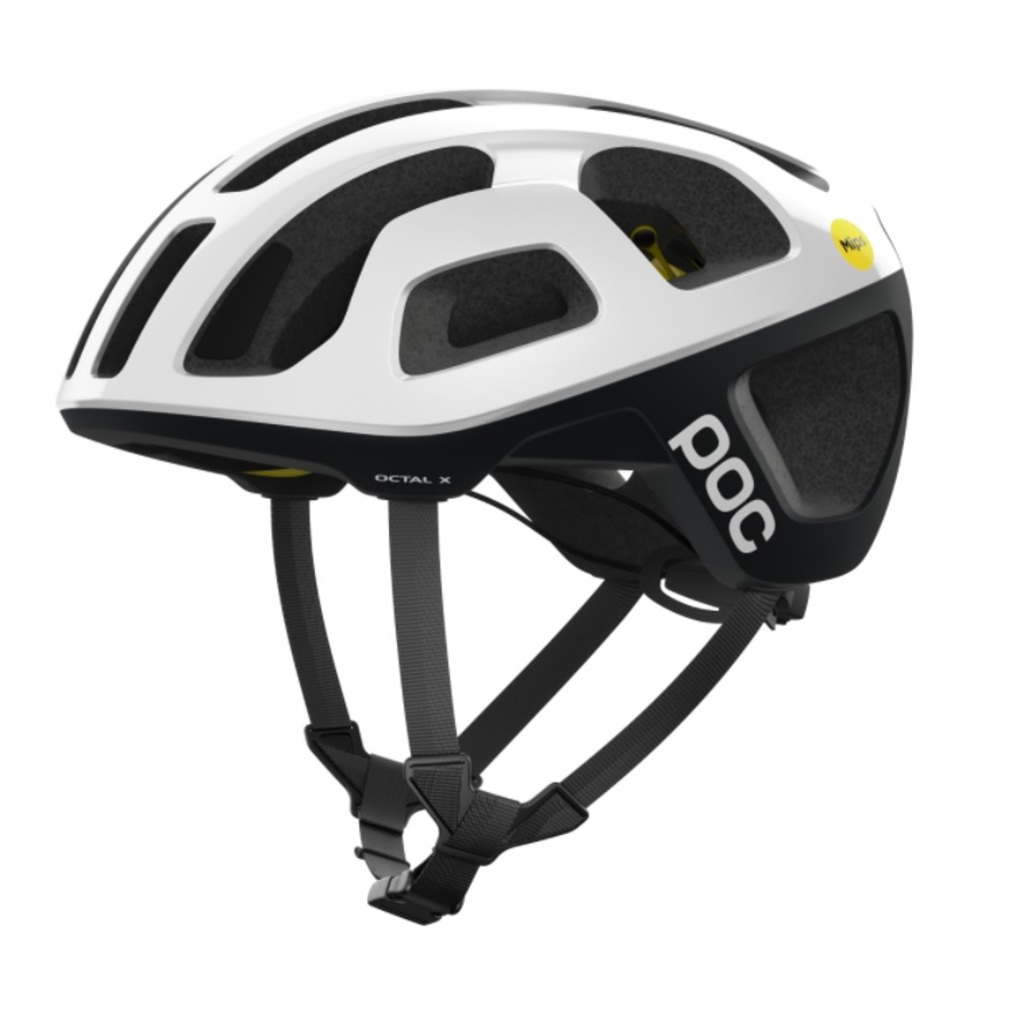
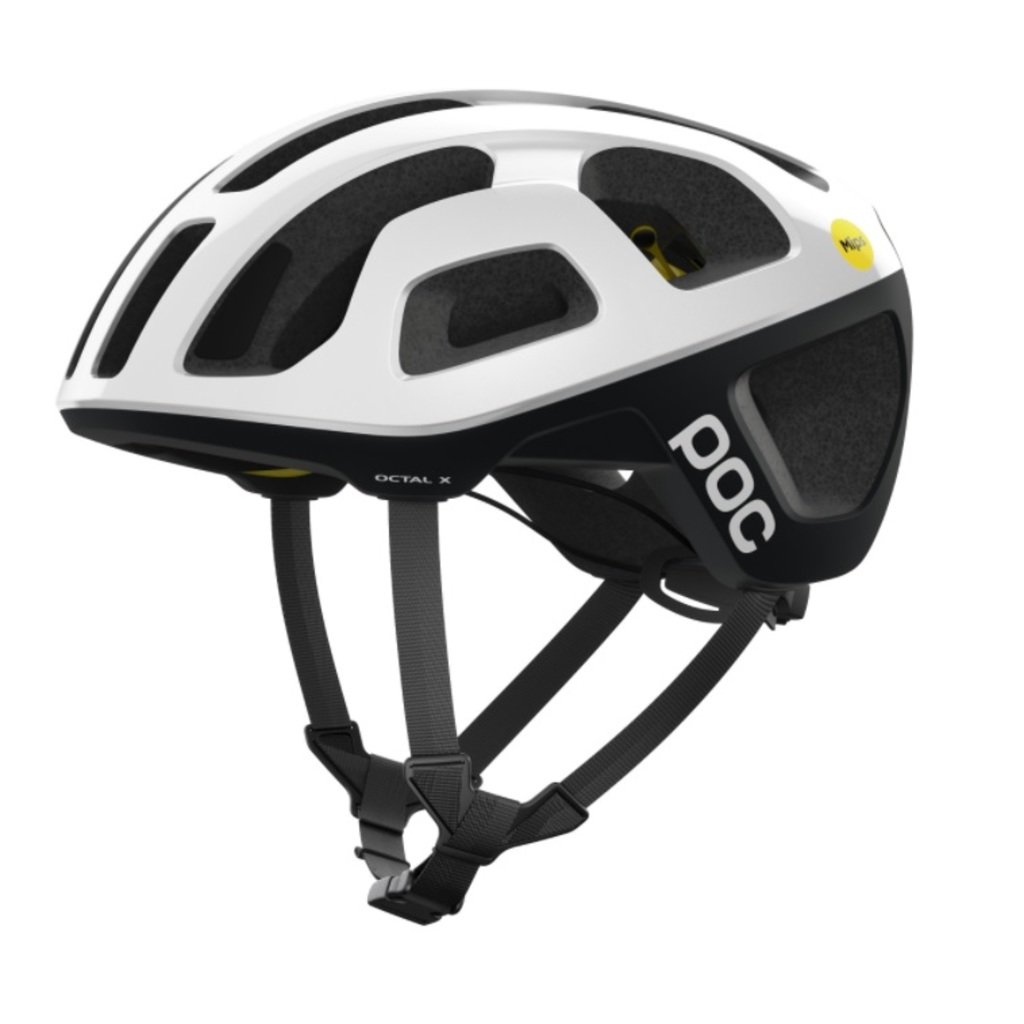
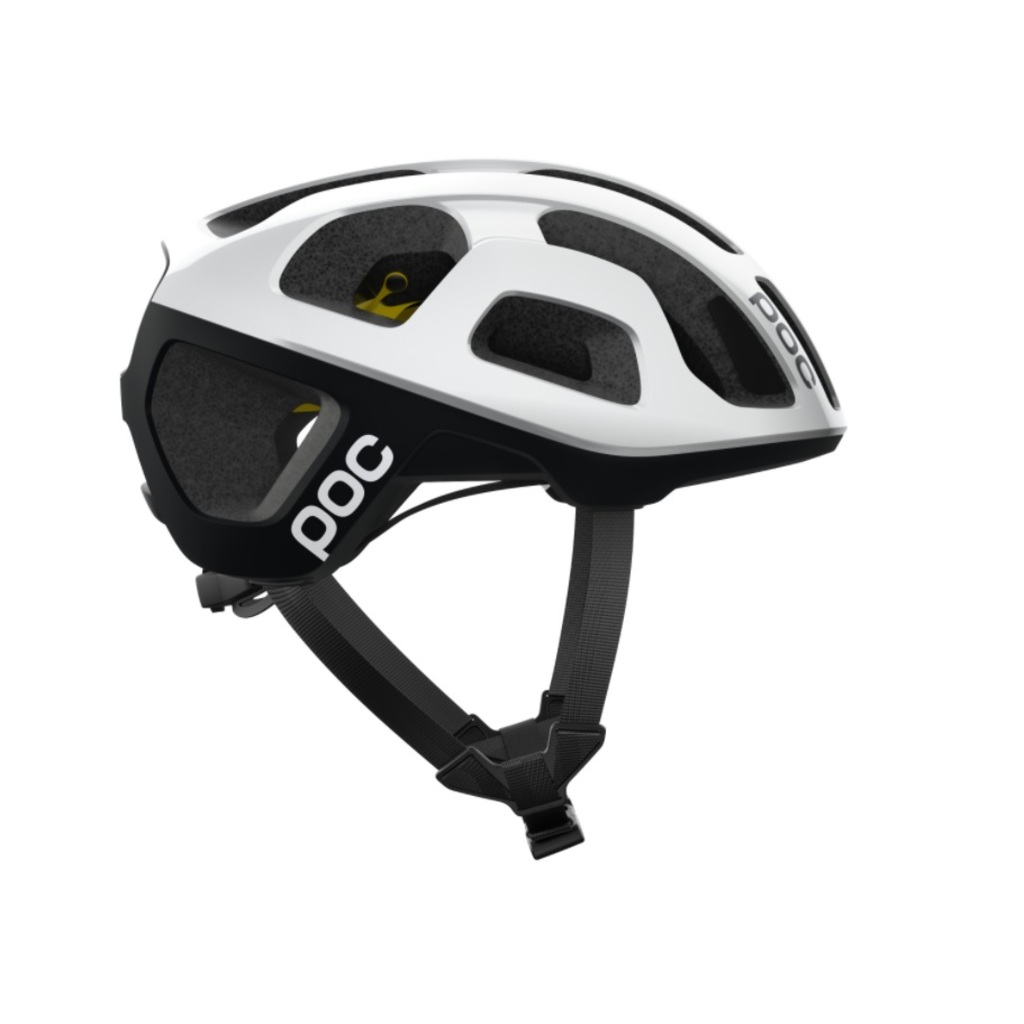
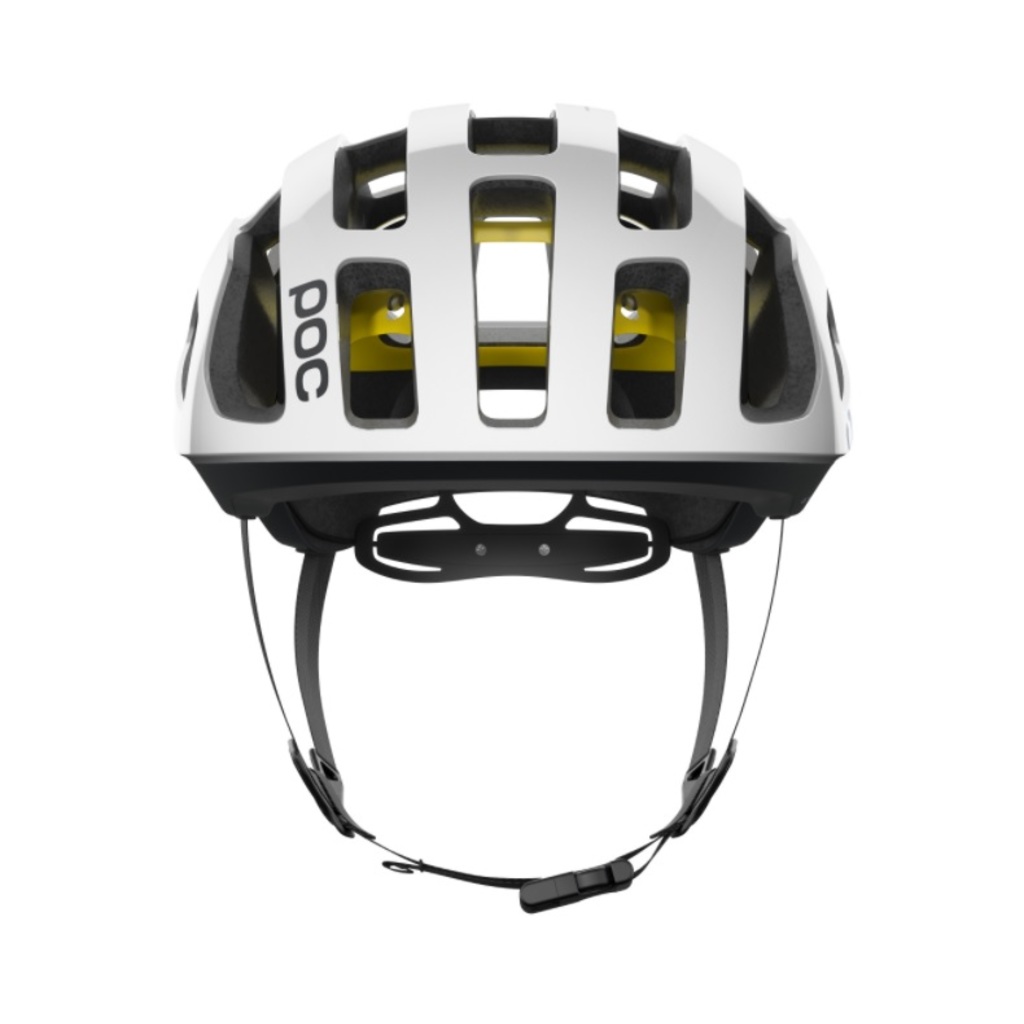
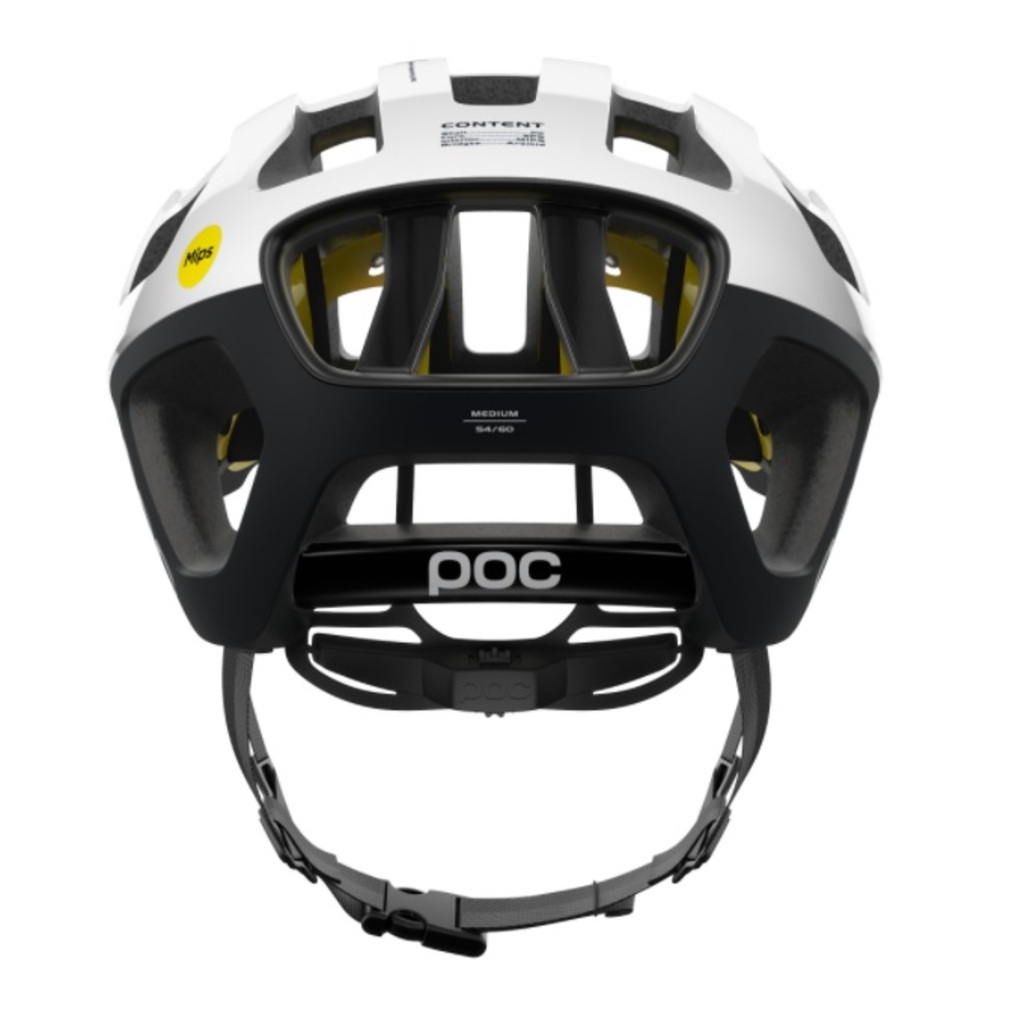
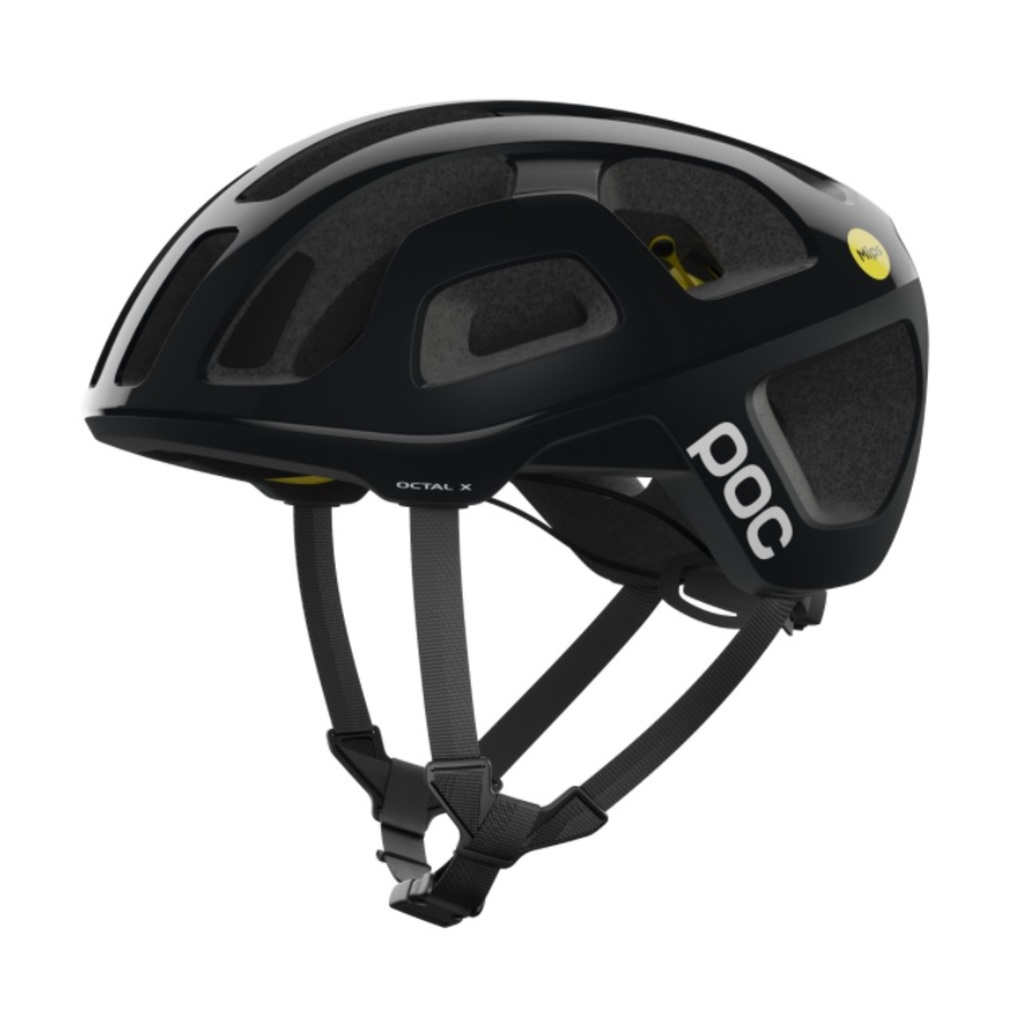


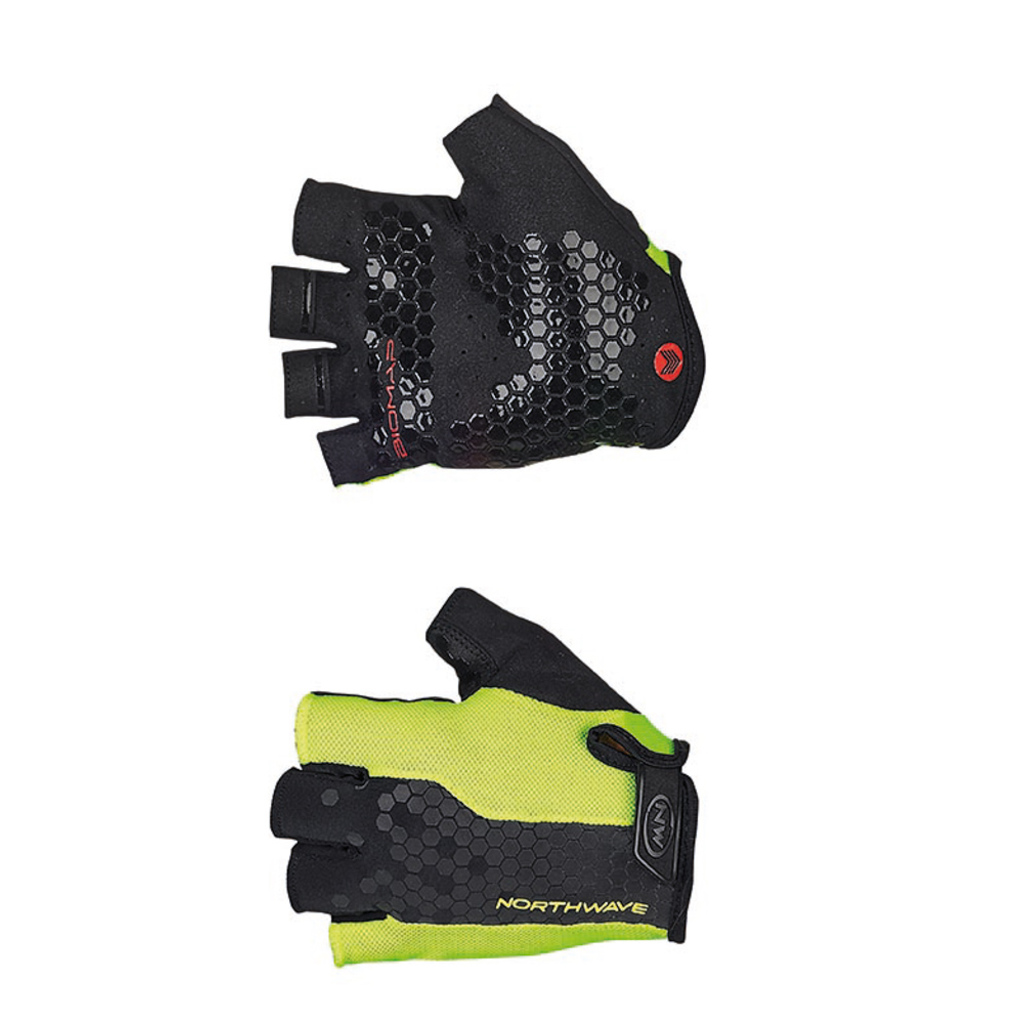
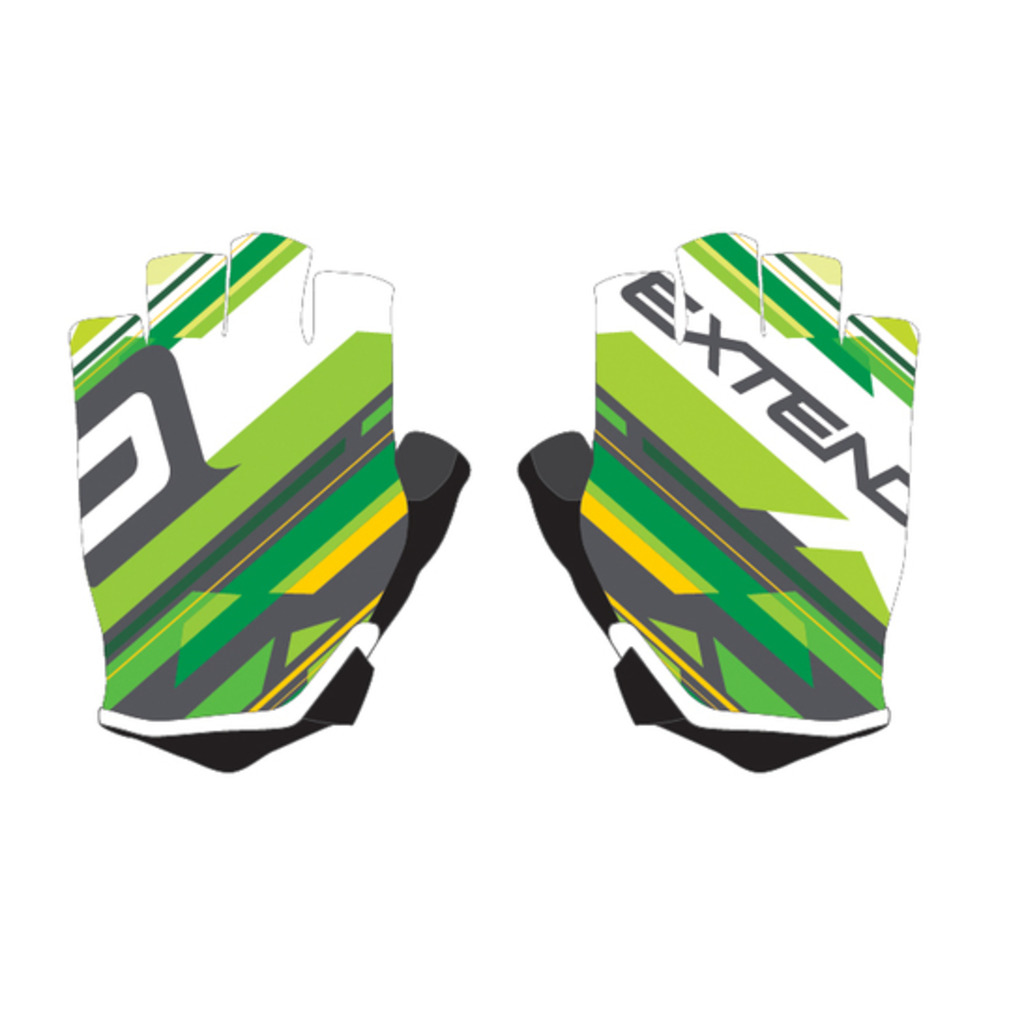
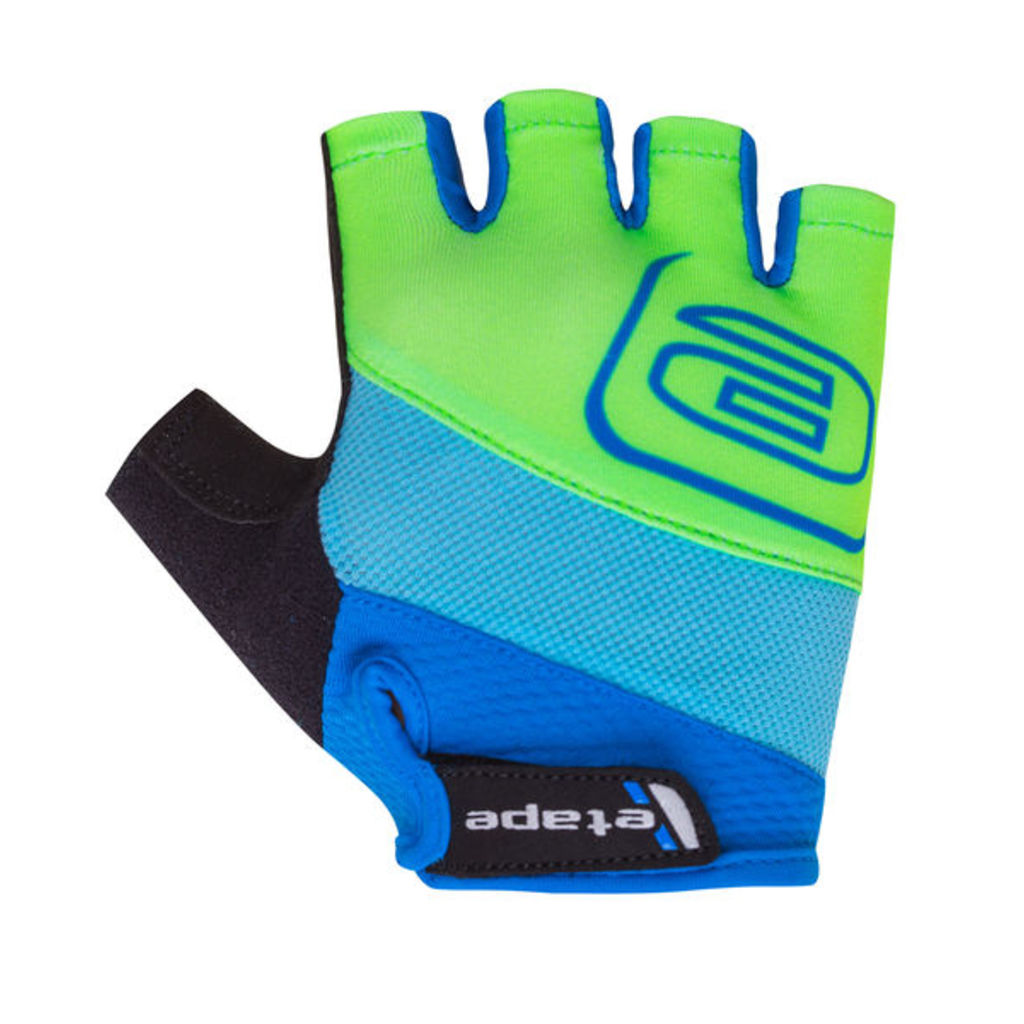
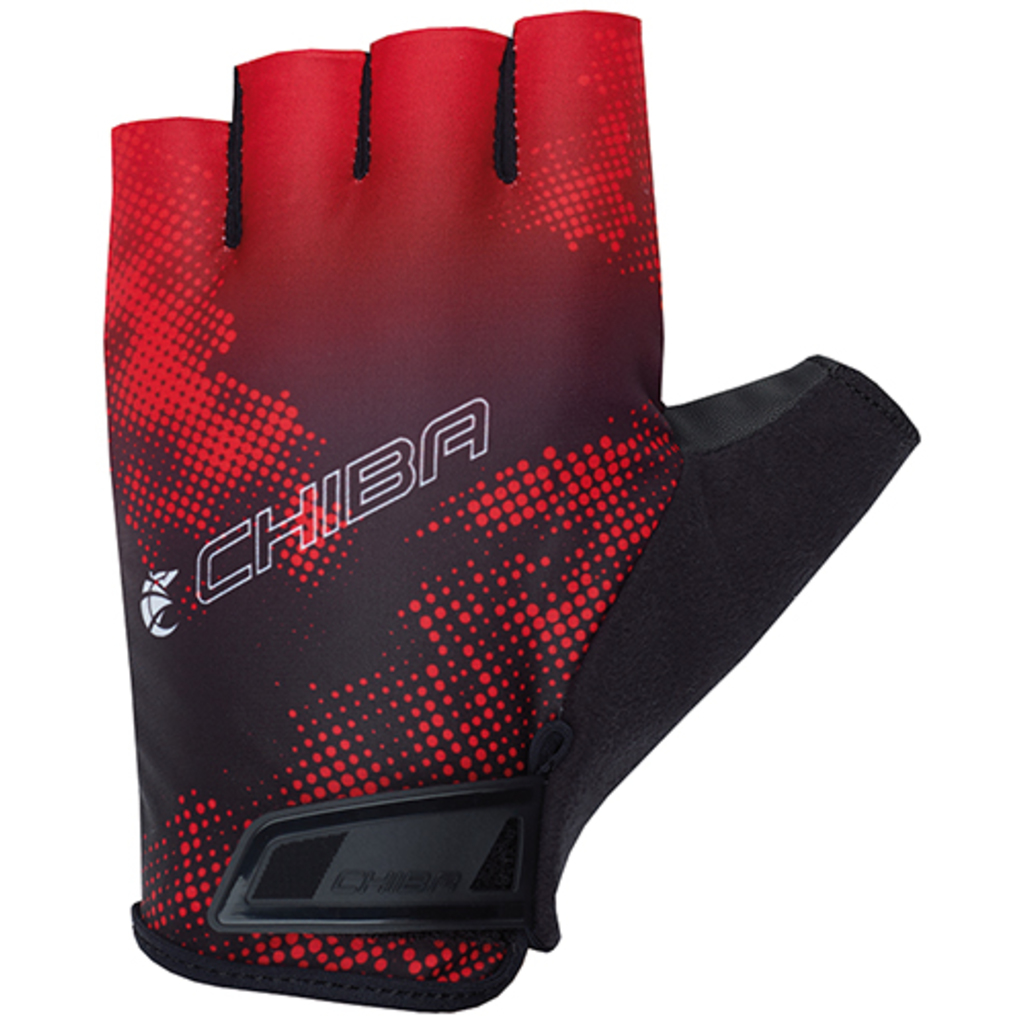
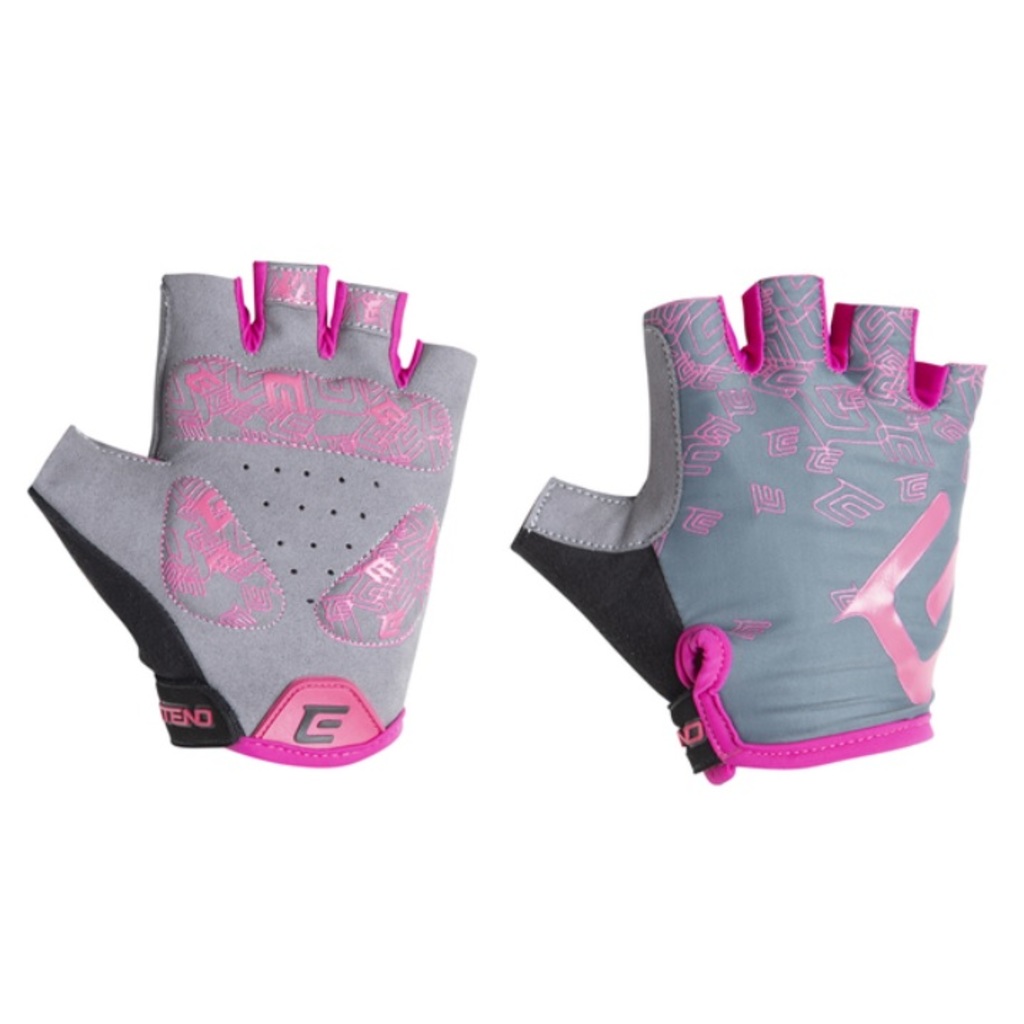

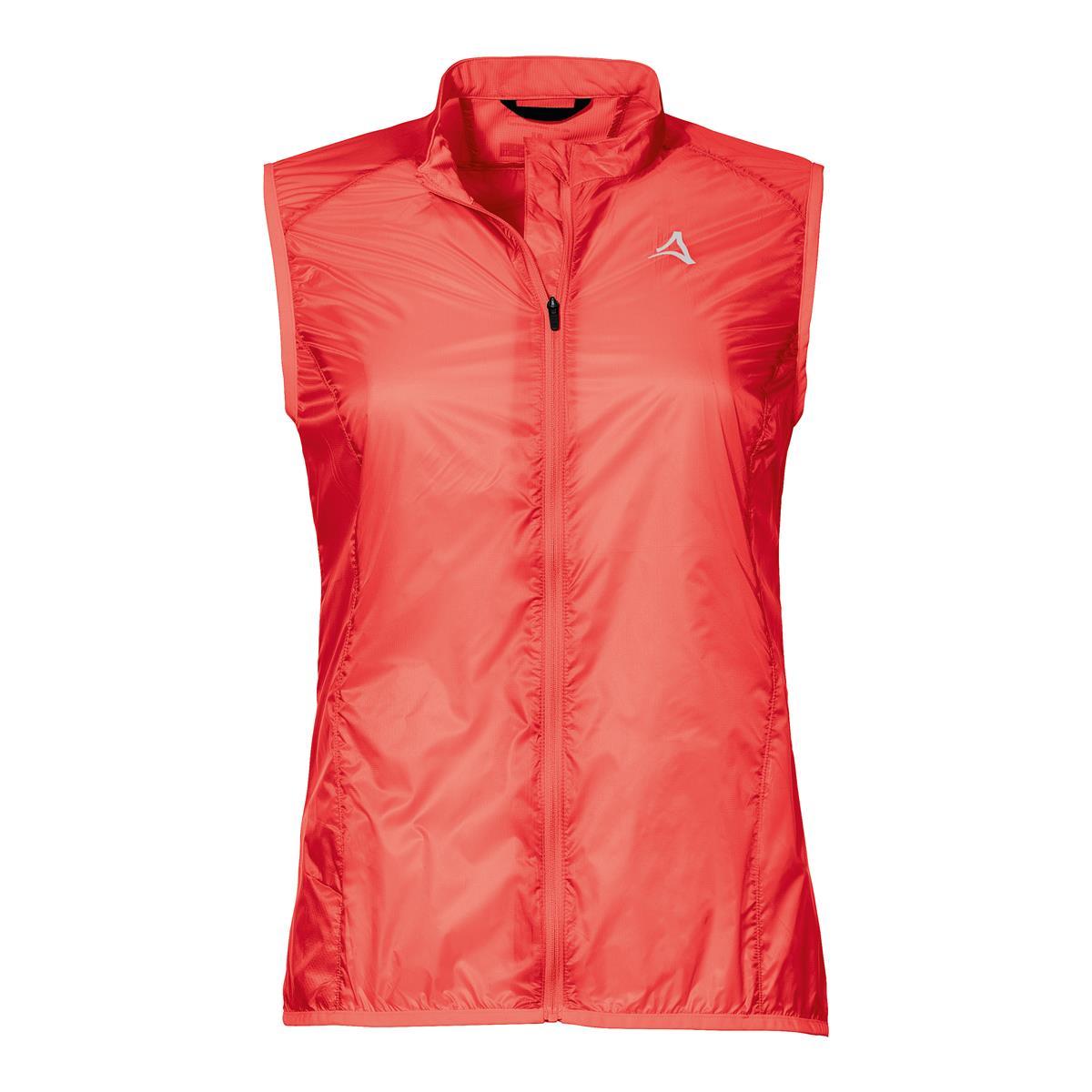
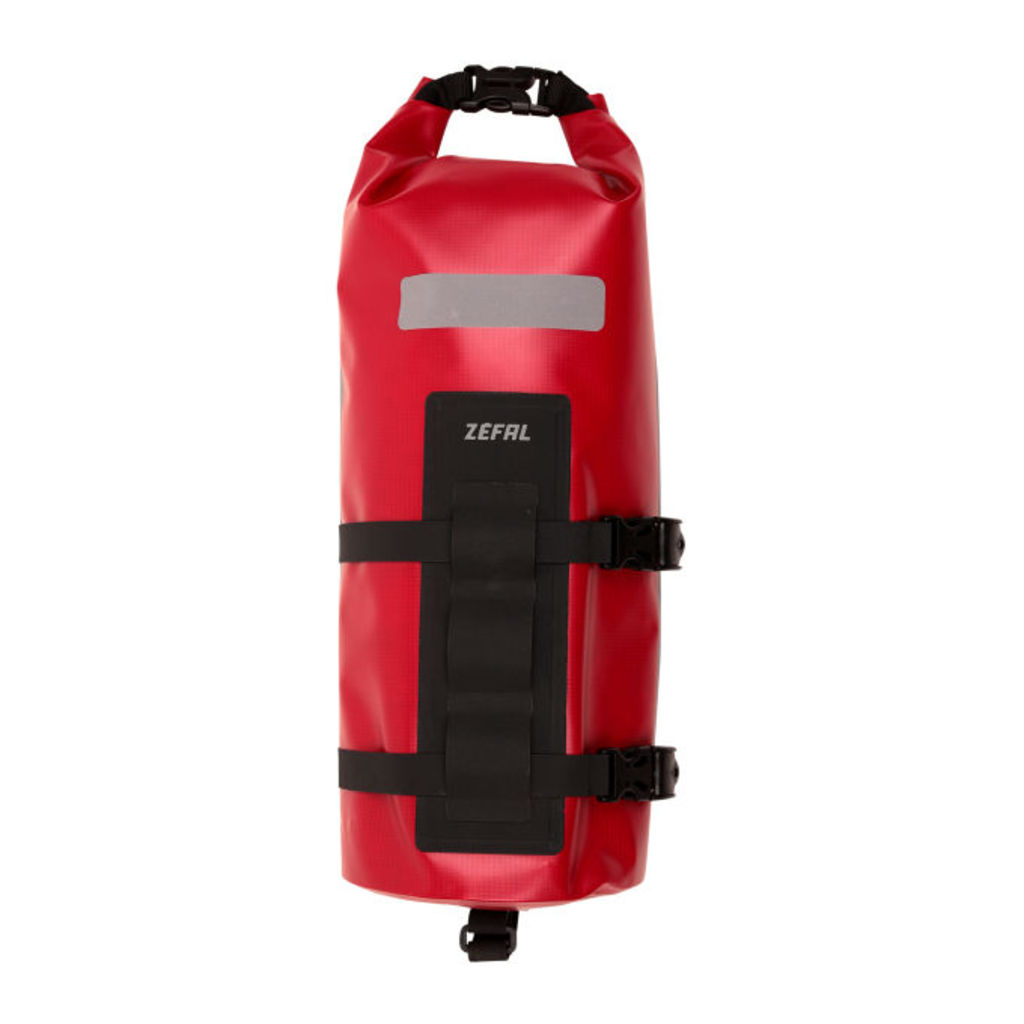
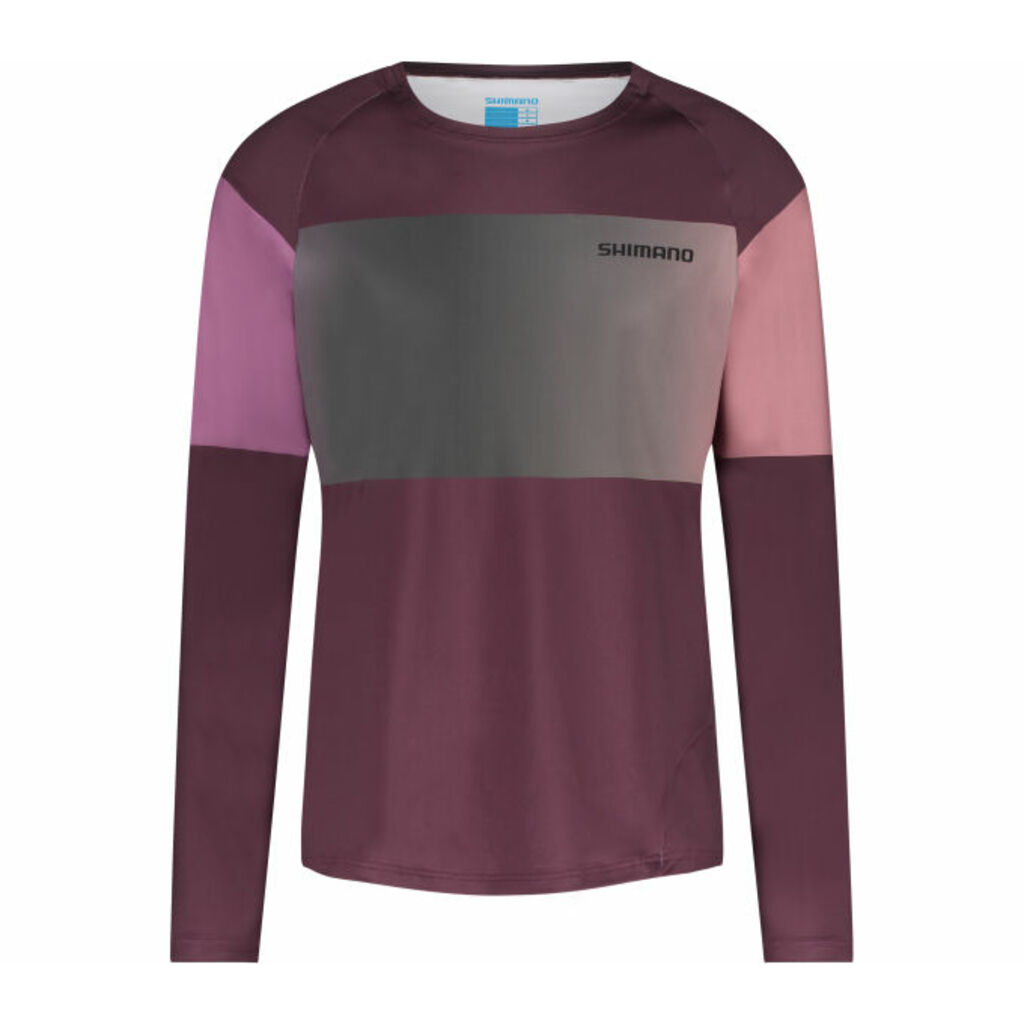
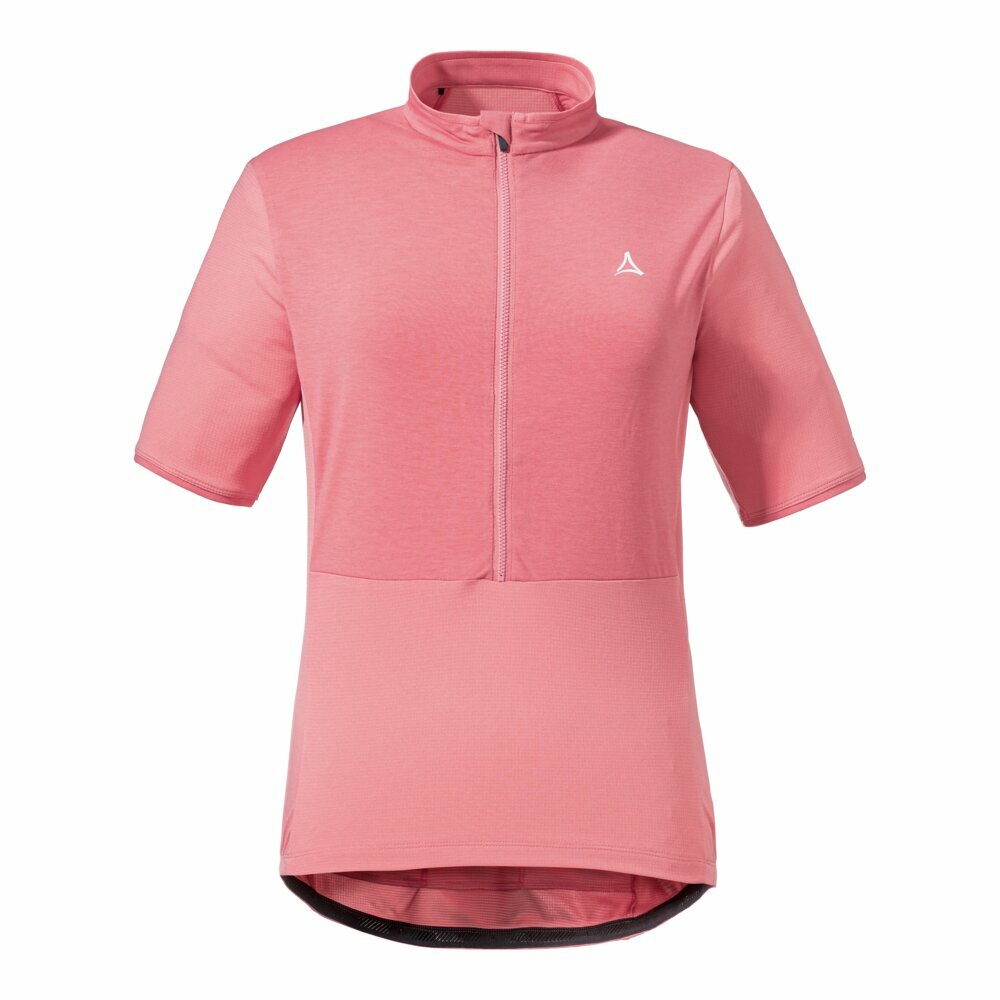
 More information
More information Privacy Notice
Privacy Notice